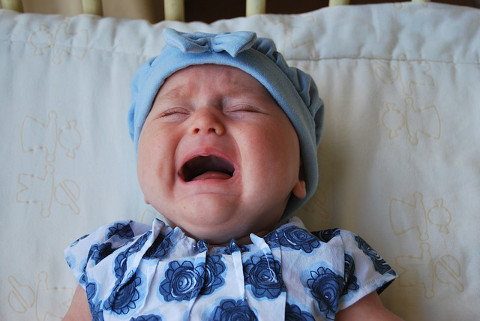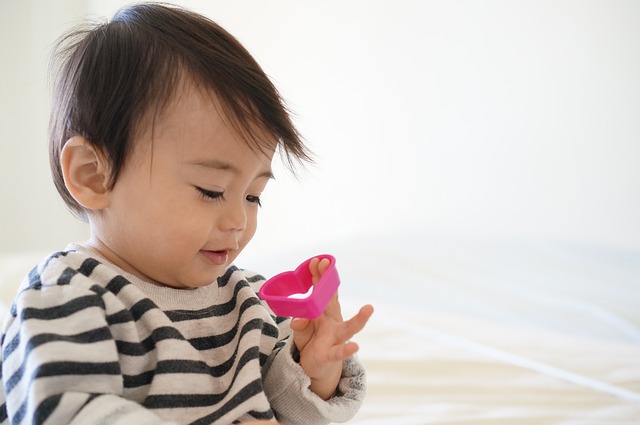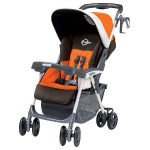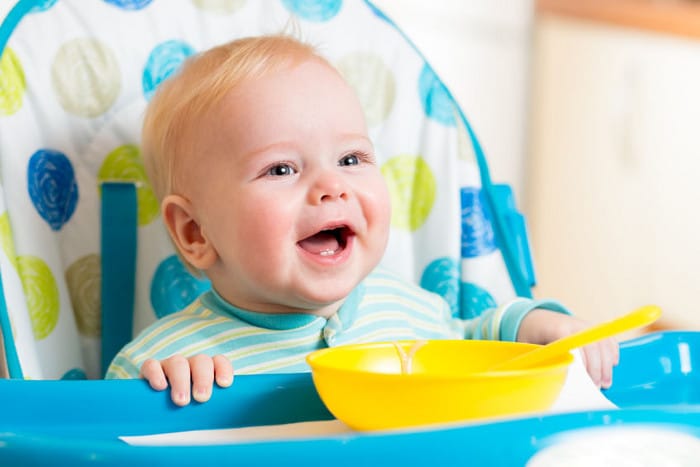All newborns cry a fair bit, and for a variety of reasons. They cry when they’re wet when they’re hungry when they’re tired or over-tired when they’re scared, and even when they’re overwhelmed by their surroundings. However, if your baby is crying uncontrollably for more than three hours at a stretch a few days a week, for at least three weeks, it’s likely he has colic.
➡️ Related Read: Colief Infant Drops

About 20% of all babies are colicky. Unfortunately, there are no conclusive theories as to what causes colic, and who is more prone to it. Possible causes include an immature or over-sensitive digestive system, gassiness from too much screaming, reflux, hypersensitivity, an immature nervous system and/or difficult labour.
It’s also commonly thought that food plays a big role for colicky babies. Sometimes the mother’s diet can affect the baby, especially if she is doing full-breastfeeding. Possible problematic foods include dairy products, spicy food, wheat products, nuts, strawberries, cruciferous vegetables (eg. cabbage, broccoli, cauliflower), garlic, caffeine and alcohol.
To check if any of these foods are perpetuating your baby’s colic, try eliminating them from your diet, one food at a time, for a few days, and see if the baby feels better. Then reintroduce the food, again allowing a few days, and monitor to see if the baby worsens again.
It’s a slow and tedious process, but it’s helpful practical steps parents can do for their colicky babies. You can also try gripe water or anti-reflux medication, but be sure to check with a doctor first.
The good news is that colic doesn’t last forever. Most babies with colic will start to show the symptoms at around 2-3 weeks of age; the symptoms will peak at 6 weeks, and then improve significantly between 3-4 months, ending its round by the 5th month.
Some of the common signs that your baby might have colic are:
- Crying inconsolably and excessively, often at the same time of the day, at least a few days a week, for at least three weeks.
- Baby seems normal and healthy otherwise
- His belly may look enlarged
- He may pass gas as he cries
While colic isn’t a disease and won’t cause any long term harm to your child, it can be very heart-breaking, exhausting and worrying for parents to soothe and care for a colicky baby.
Try to take regular breaks to maintain your sanity and do something that refreshes or relaxes you. You could go for a walk, go for a swim, sit in a café and nurse a cuppa, or call a friend.
It’s also wise to share about your baby’s crying with your PD to rule out other possible causes of the constant crying, such as intestinal or urinary infections.
By Dorothea Chow.
* * * * *
Like what you see here? Get parenting tips and stories straight to your inbox! Join our mailing list here.
Want to be heard 👂 and seen 👀 by over 100,000 parents in Singapore? We can help! Leave your contact here and we’ll be in touch.


























































Leave a Comment: